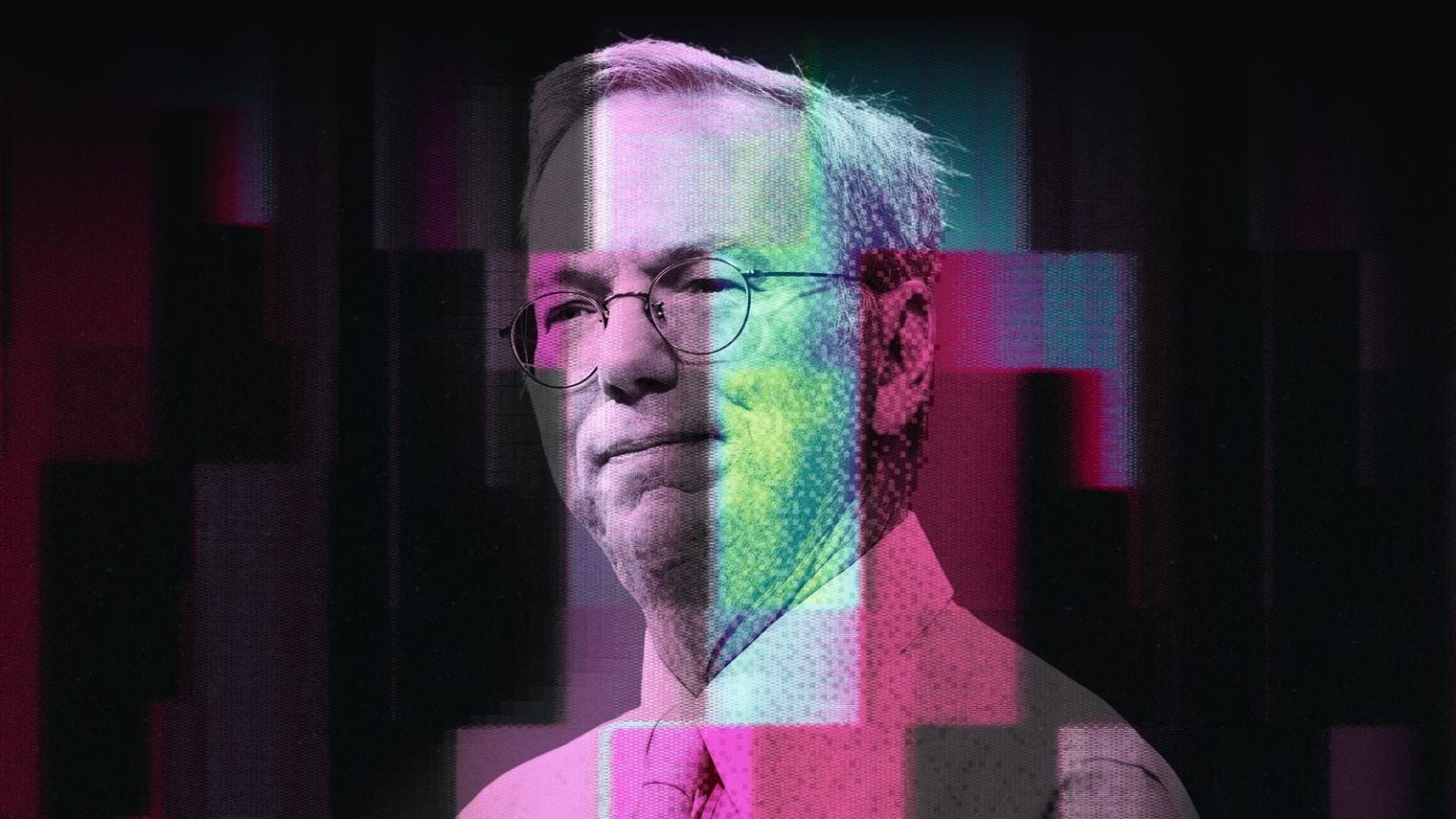Eric Schmidt Launches AI Video Startup, Hooglee, Aiming to Revolutionize Communication and Entertainment
Former Google CEO Eric Schmidt has embarked on a new venture in the rapidly evolving field of artificial intelligence. He has quietly founded Hooglee, a startup focused on leveraging AI for video generation, with the ambitious goal of transforming how people connect, communicate, and engage with each other. Funded by Schmidt’s family office, Hillspire, and led by his long-time collaborator Sebastian Thrun, Hooglee is currently in its development phase, operating discreetly with a website offering limited information. The venture represents Schmidt’s latest foray into the AI landscape, following significant investments in companies like Anthropic and SandboxAQ, as well as funding initiatives focused on AI safety and research.
Hooglee’s mission, as outlined on its minimalist website, is to "democratize video creation with AI." The company envisions innovative solutions that enhance communication and foster closer connections among users, hinting at a social networking component to the platform. While the exact nature of the product remains under wraps, sources suggest that it could be conceived as a potential rival to TikTok, the immensely popular short-form video platform. This ambition aligns with Schmidt’s previous interest in acquiring TikTok, driven by concerns regarding its potential ban in the US. He has also publicly advocated for utilizing AI to replicate and improve upon TikTok’s functionality, sparking controversy over intellectual property rights.
The team behind Hooglee comprises experienced professionals from the tech industry, including former research scientists from Meta’s generative AI lab and legal counsel from Thrun’s previous venture, Kittyhawk. Notably, Bichen Wu, founder of the AI video generation startup Centropy, announced his team’s merger with Hooglee last year, signaling a consolidation of talent and resources within Schmidt’s new venture. Thrun, a prominent figure in the tech world known for his contributions to Google X and Waymo, also leads Schmidt’s confidential drone project, Project Eagle. This collaboration underscores Schmidt’s trust in Thrun’s leadership and their shared interest in pushing the boundaries of technological innovation.
Hooglee enters a competitive market already populated by established players like Runway and OpenAI, both of which have released their own text-to-video generation tools. Furthermore, tech giants such as Meta, Google, Adobe, and even TikTok’s parent company ByteDance have unveiled similar products, intensifying the race for dominance in this emerging sector. Hooglee’s success will hinge on its ability to differentiate itself from these competitors, potentially through unique features, a superior user experience, or a strategic focus on a specific niche within the AI video generation space. The company’s potential social networking aspect might be a key differentiator, creating a community-driven platform rather than solely a video creation tool.
Despite his enthusiasm for AI’s transformative potential, Schmidt has also voiced concerns about its potential downsides, particularly the rise of deepfakes and the spread of misinformation. He has emphasized the need for safeguards against malicious uses of AI-generated content, advocating for detection systems and the possibility of watermarking to identify and authenticate videos. It remains unclear whether Hooglee will incorporate such measures into its platform, but given Schmidt’s outspoken stance on the issue, it seems likely that the company will prioritize responsible development and usage of its AI technology.
The emergence of Hooglee represents a significant development in the AI landscape, backed by the experience and resources of a prominent tech industry figure. The startup’s ambition to revolutionize video creation and communication has the potential to reshape how we interact online. However, the challenges ahead are substantial, given the intense competition and the ethical considerations surrounding AI-generated content. The success of Hooglee will depend not only on its technological innovation but also on its ability to navigate these complexities and build a platform that is both engaging and responsible. The industry will be watching closely to see how Hooglee evolves and what impact it has on the future of AI-powered video communication.





